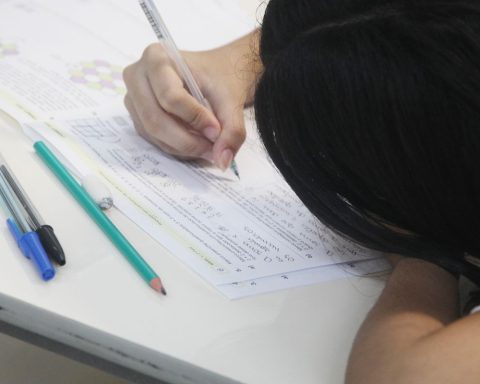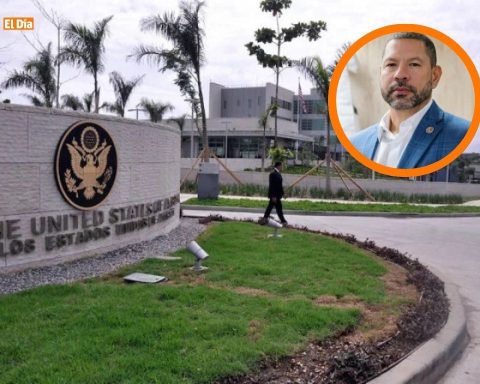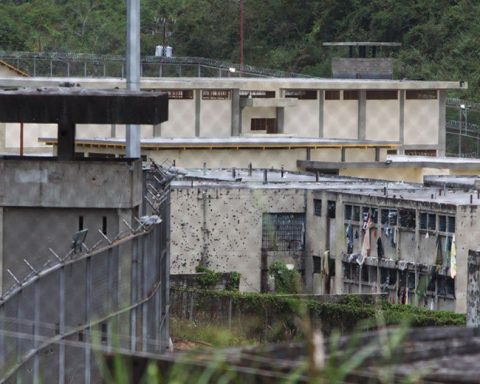The Residential Rent Change Index (IVAR) rose 0.97% in March. The result means a new deceleration in relation to the monthly rate of the previous month, when it registered 1.06%. After the percentage of March, the accumulated in 12 months increased from 8.73% in February to 8.90% in the following month.
In the four cities where the IVAR is surveyed, only Porto Alegre had a different behavior from February to March. In the capital of Rio Grande do Sul, the rate went from -4.71% to -1.67%. In the other municipalities, there was a deceleration: São Paulo (from 2.10% to 0.74%), Rio de Janeiro (from 3.11% to 2.50%) and Belo Horizonte (from 5.97% to 4.76%). %).
In the interannual rates for March 23 and March 22, there was an increase in Rio de Janeiro (9.10% to 10.24%) and Belo Horizonte (12.12% to 14.79%). In the other cities, the interannual rate decreased: São Paulo (7.91% to 7.32%) and Porto Alegre (7.42% to 6.95).
For the coordinator of the IPC Brazil of the Brazilian Institute of Economics of the Getulio Vargas Foundation (FGV/Ibre), Paulo Picchetti, the result above inflation in the accumulated 12 months shows that residential rents are recomposing the real values that preceded the pandemic. The economist recalled that, at that time, several renegotiations in the context of the worsening labor market caused rents to even have nominal drops on average.
“This recomposition should still last for some time, but it does not represent a perspective of acceleration in the indicator for the rest of the year. In the wake of the IPCA reduction [Índice de Preços ao Consumidor Amplo]which has become one of the main indexers of residential rental contracts and the very slowdown in the level of activities expected for the Brazilian economy, rent readjustments for the coming months should tend towards stability and bring them closer to the inflation rate ”, said Picchetti.
According to Ibre, which calculates the indicator, IVAR was developed to measure the monthly evolution of residential rent values in the real estate market in Brazil. The next IVAR will be released on May 5.
Ibre also informed that the indicator uses data from a wide range of residential rent contracts, obtained from real estate market agents, as a basis. The information refers to the values of new contracts and readjustments of existing contracts, in addition to the characteristics of each property.
The surveyed data refer to the cities of Belo Horizonte, Porto Alegre, Rio de Janeiro and São Paulo. The sectorial scope is rented residential properties. The collection period is between the first and last day of each month. The frequency is monthly.
*Contributed by Cristiane Ribeiro















